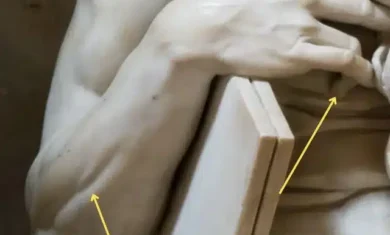Whenever someone is starting a new job, I always advise them to take it slow at the beginning. Understand the current setup, see how things work, and then later begin to make suggestions.
With our newest hire at GreenMellen, I told her exactly that. She’s coming from another agency, and we’re very excited to learn from her, but I’ve asked to wait a bit before diving into that stuff. The more she understands about how we do things, the better equipped she’ll be to offer meaningful suggestions.
I first saw this explained in the book “Unreasonable Hospitality“, where they said:
Some of the best advice I ever got about starting in a new organization is: Don’t cannonball. Ease into the pool. I’ve passed this advice on to those joining my own: no matter how talented you are, or how much you have to add, give yourself time to understand the organization before you try to impact it.
It turns out that this idea has a name: Chesterton’s Fence. It was coined by G.K. Chesterton and here is how he explains it:
There exists in such a case a certain institution or law; let us say, for the sake of simplicity, a fence or gate erected across a road. The more modern type of reformer goes gaily up to it and says, “I don’t see the use of this; let us clear it away.” To which the more intelligent type of reformer will do well to answer: “If you don’t see the use of it, I certainly won’t let you clear it away. Go away and think. Then, when you can come back and tell me that you do see the use of it, I may allow you to destroy it.
Or put more succinctly, as shared on the Farnam Street blog:
“Do not remove a fence until you know why it was put up in the first place.”
I love the last part of Chesterton’s full description: “When you can come back and tell me that you do see the use of it, I may allow you to destroy it.” It reminds me of Charlie Munger discussing opinions, where he said:
“It’s bad to have an opinion you’re proud of if you can’t state the arguments for the other side better than your opponents.”
Understanding is the key. The fence you encountered may indeed be meaningless and should be torn down, but it also might be solving a problem that you’re not yet aware of. Learn first, act second.




